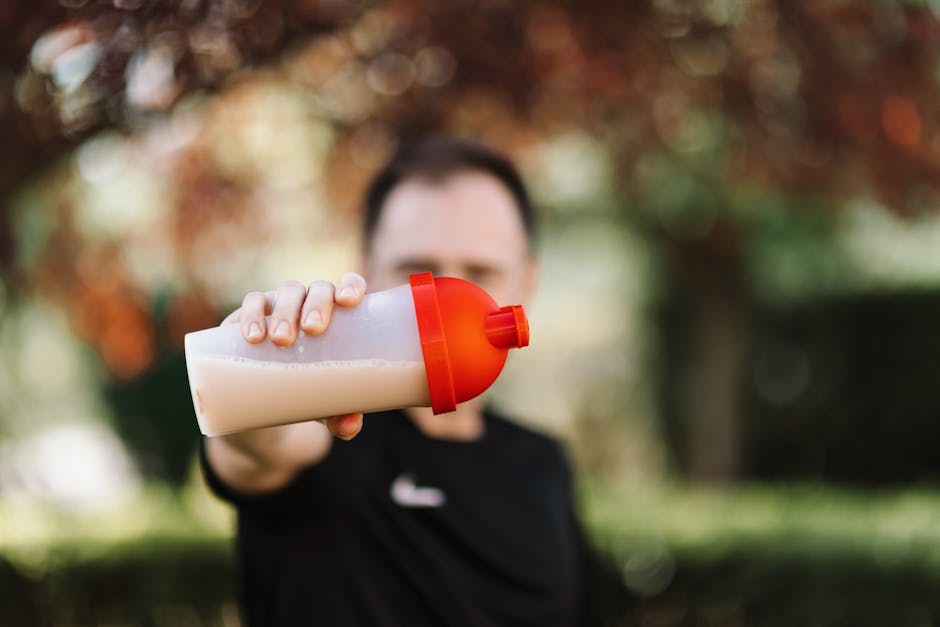The pursuit of fitness often leads individuals down a rabbit hole of potential supplements. From protein powders to creatine, the market overflows with products promising enhanced results. But are these supplements truly necessary for achieving fitness goals, or are they a costly and perhaps unnecessary addition to a well-rounded approach? This article delves into the complexities of dietary supplements and their role in achieving fitness ambitions, examining their benefits and limitations while emphasizing the paramount importance of a balanced diet and consistent exercise.
A significant portion of the fitness industry promotes supplements as vital components in reaching peak performance and building muscle. Protein powders, for instance, are frequently championed for their role in supporting muscle growth. However, a critical evaluation reveals that these claims often oversimplify the intricate relationship between nutrition, training, and supplement utilization.
Firstly, consider the fundamental role of a balanced diet. Adequate protein intake, essential for muscle repair and growth, can be readily achieved through whole foods like lean meats, poultry, fish, eggs, dairy products, legumes, and a variety of plant-based protein sources. A meticulously crafted dietary plan, tailored to individual needs and activity levels, generally provides sufficient nourishment for the majority of individuals. This baseline nutritional support forms the cornerstone of successful fitness journeys, surpassing the need for supplementation in most instances.
Further, it’s crucial to comprehend the principles of muscle protein synthesis. While protein powders can contribute to this process, the real catalyst is a combination of adequate protein, resistance training, and optimal recovery. The body’s natural ability to synthesize proteins, spurred by exercise and adequate nutrition, is often overlooked in favor of commercially marketed supplements.
Creatine, another prominent supplement, has shown promise in enhancing strength and power output, particularly during high-intensity, short-duration exercises. Its effects, however, are not universally experienced, and individual responses can vary. Crucially, creatine’s efficacy hinges on consistent training and sufficient energy reserves. Without a supportive training regimen, the benefits of creatine are likely to be minimal.
Vitamins and minerals are essential components of any healthy diet. However, individuals with well-balanced diets, encompassing a variety of fruits, vegetables, and whole grains, are typically unlikely to experience deficiencies requiring supplementation. In cases of specific deficiencies, dietary adjustments and medical guidance are preferred over relying on supplements, as an unbalanced supplemental regime could potentially lead to health risks.
Supplement marketing frequently highlights the convenience and speed of incorporating these products into daily routines. However, this convenience should not overshadow the importance of natural dietary sources. Sustained adherence to a balanced eating pattern ensures a consistent and natural supply of nutrients, fostering long-term health and well-being.
An additional point of concern lies in the potential for contamination and inconsistent quality control in the supplement industry. Unfortunately, not all supplements are rigorously tested, leading to the possibility of impurities or contaminants. This poses significant health risks, especially when taken over extended periods. On the other hand, rigorously tested food products are typically subjected to greater scrutiny.
Many individuals may perceive the use of supplements as a shortcut to achieving fitness goals. However, a comprehensive approach encompassing a nutritious diet, structured exercise, and sufficient rest and recovery, consistently implemented over time, will yield far more sustainable and impactful results compared to relying solely on supplements.
Finally, the focus on performance-enhancing supplements can sometimes overshadow the fundamental importance of establishing healthy habits and adopting sustainable lifestyle choices. Prioritizing mindful eating, consistent exercise, and stress management are cornerstones of a holistic approach to well-being, proving more enduring and impactful than reliance on dietary supplements.
In conclusion, while supplements may offer some marginal benefits for certain individuals under specific circumstances, they are seldom a necessity for achieving general fitness goals. A balanced diet, coupled with a well-structured exercise regimen, forms the bedrock of a successful fitness journey. Prioritizing natural sources of nutrients, and consulting with qualified healthcare professionals when necessary, are more effective and secure approaches to supporting one’s fitness objectives. Remember that supplementation should be viewed as an adjunct rather than a replacement for a holistic approach to fitness and well-being.






